Meet the Man Who Digs Up Graves to Lift Curses
Families hire a bone collector in Taiwan to fix problematic tombs—and sometimes deal with ghosts.
“I am the best feng shui master in Taiwan,” Jiang Bole says while sitting in his office in Taipei. Flanked by two assistants, an entire room packed with deities decked out in gold and bronze flourishes, and a Taoist mantra playing in a loop in the background, he certainly looks the part. Jiang is a feng shui consultant for the rich and famous, and he’s well-aware of his high stature. “I am the most famous person in Taiwan who can deal with ghosts,” he says.
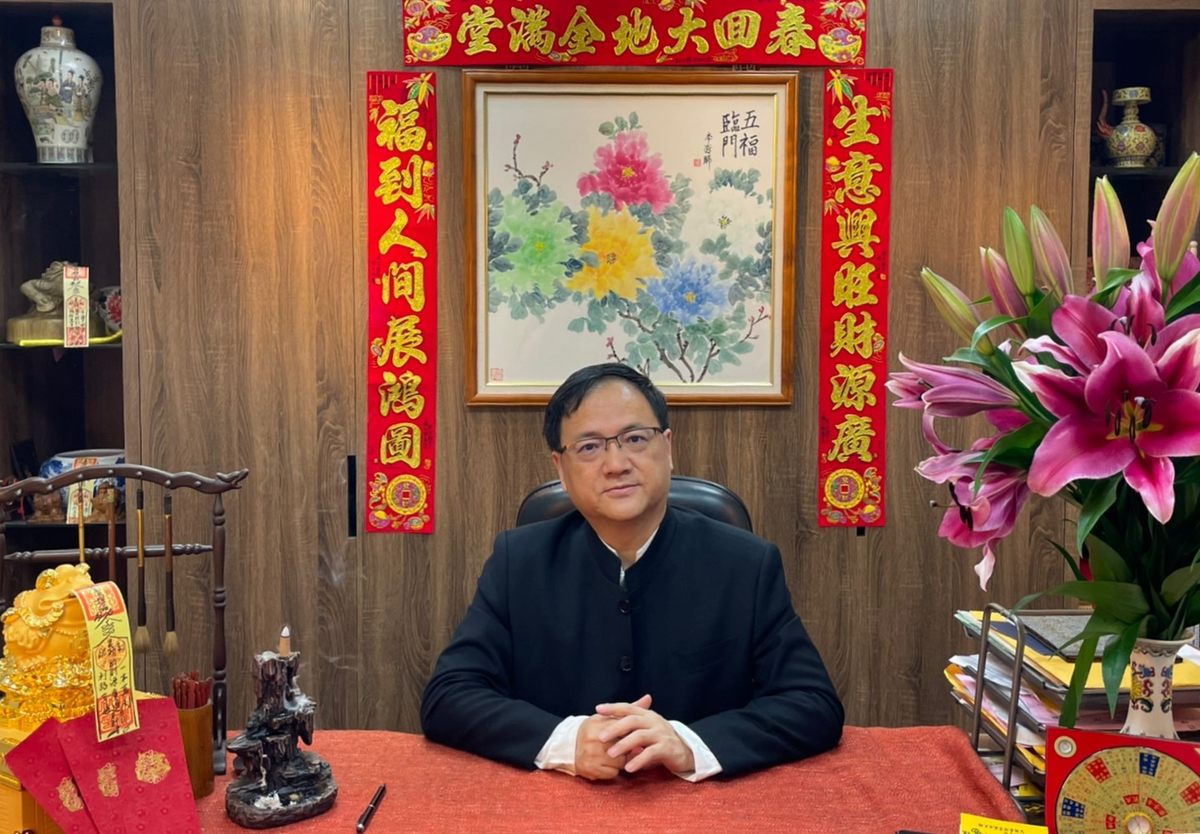
With over 63,000 followers on Facebook, Jiang often posts videos and photos of him visiting gravesites and exhuming corpses. As a feng shui practitioner, he is hired by clients to help them optimize their physical environments for luck and prosperity. Most of his time, he’s called over to people’s places of residences to see if the feng shui is off. “If there’s nothing wrong with their home, then there’s probably something off with their ancestors,” he says. Over the years, tombs have also become a regular part of his rotation.
Traditional Taiwanese folk culture dictates that after a family member has passed and is buried in the ground, their bones should eventually be dug up, collected, cleaned, and then put in an urn for preservation. It’s a form of respect to the deceased. But according to Taoist beliefs, if this isn’t done properly, or if the bones are forgotten about completely, it can bring a string of misfortune to the living.
Atlas Obscura spoke with Jiang about digging up graves, interacting with ghosts, and using bones to change a family’s luck.
How did you get involved with ghosts?
I’ve always been able to see and communicate with the supernatural. When I was about five or six years old, I went into an attic and saw a ghost with no eyes, no nose, or mouth. I was scared, so I called my dad over. He said he was aware of the ghost, but because we were poor, there was nothing we could do. We couldn’t move to another house. We were poor—we were poorer than the ghosts.

Why do you collect bones?
In Taoism, we believe there are three souls. One is in the underworld, one stays at the ancestral tablet at home, the other lies with the bones. If the bones are uncomfortable, the ancestor will tell their descendants by putting a curse on them. They will have bad luck.
When is the best time to dig up a body?
After a person dies, their body will decompose in about five to six years. In the north of Taiwan, we collect bones at around year six. In the south, it’s about years seven to eight. You cannot collect the bones in year nine, because the word nine in Taiwanese sounds like the word for dog. After year ten, most of the bones would have disintegrated already.
What do you do with the bones?
First you have to clean the bones, but you don’t wash them directly with water. You use a toothbrush or a brush. Then at around 4 to 5 p.m., when the sun isn’t that strong, you’ll take the bones out to dry. You wrap the joints, fingers, and toes in a red cloth so they don’t fall apart.

Afterwards, you put the bones in the urn. You need to put them in a sitting position. You put the thighs bone first, one on each side. Make sure not to cross them. Then you put the rest of the bones and then the head on the very top. Finally, you’ll add some charcoal. Charcoal helps absorb water so the bones won’t get wet.
How can you tell if something is wrong with the ancestors’ graves?
I can usually tell just by looking at someone’s name, or I’ll go to their house and look at the feng shui. If there’s still a problem, I’ll talk to their ancestors directly through moon blocks.* Sometimes, I’ll just go directly to the tombstone. If it looks wet, there could be water damage inside the tomb. If the top of the tombstone is damaged, someone in the family might have a head problem. If the middle of the tomb is damaged, someone is probably dealing with gastrointestinal issues.
*Reporter’s note: Moon blocks are divination tools shaped like crescent moons. They are tossed in the air and how they land on the ground will usually indicate a “yes” or “no” answer.
What kinds of things go wrong with the corpses?
I usually encounter corpses that have not completely disintegrated, and that’s because their graves are not in an ideal location. Some tombs are by the beach, and because there’s sand there, they are more likely to dry out and turn mummified.
Once there was someone buried next to a pond, and when I saw the body, I threw up. The corpse’s flesh was rotten like tofu. When we picked it up, it just plopped to the ground. I couldn’t eat for about three days afterwards.
There was another person who had been dead for about 10 to 20 years. But when we opened up the tomb, his flesh was blue, and the flesh around his butt and stomach had not decomposed. Meanwhile, one of his descendants had gone crazy. After we got the bones and dealt with them, the descendant was cured.
If a body has not fully decomposed, how do you extract the bones?
We open the coffin and add banana peels, cabbage, and rice wine. Then we’ll throw in an amulet. After about six months, the corpse should have decomposed completely and then we can pick up the bones.
After the bones are placed into the urn and sealed, what do you do with the urn?
Bury it back into the ground.

The vast majority of the deceased in Taiwan today are cremated. Are there still that many gravesites?
Yes. Most rich people are still buried and not cremated. I’ve taken on more than a thousand cases.
What if you’re cremated?
After cremation, most people’s ashes in Taiwan are stored in a pagoda. It’s not good or bad, but the direction that the urn is facing matters a lot. [The direction] is based on their zodiac sign.
And what if you can’t find the body at all?
Then you make a wooden dummy, write the deceased’s name on it, and ask the spirit to occupy the wood. Then you put the wood in the urn.
How do people find you?
I am well-known and people’s first choice. If there is a problem, they’ll come to me directly. I am very powerful.
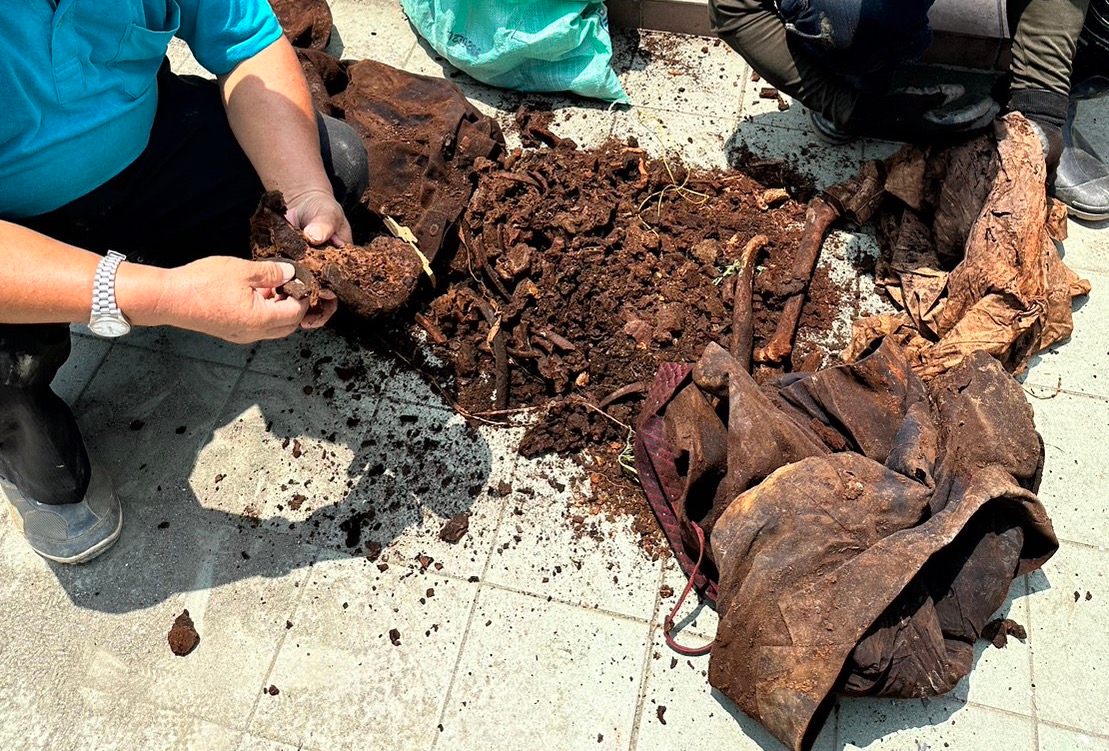

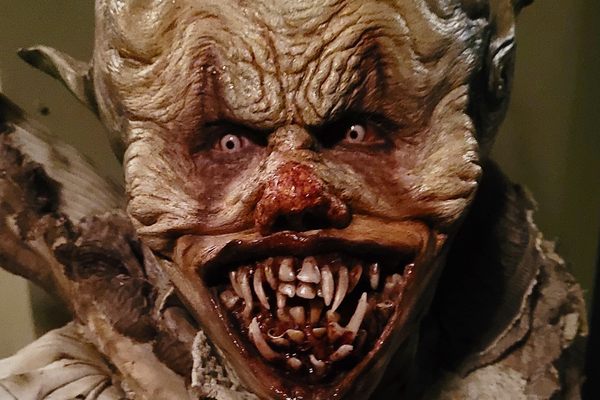
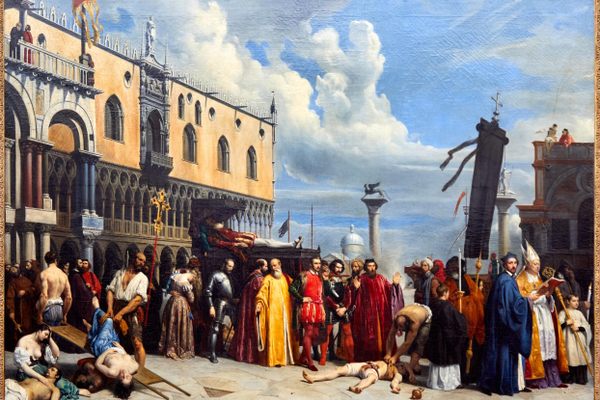


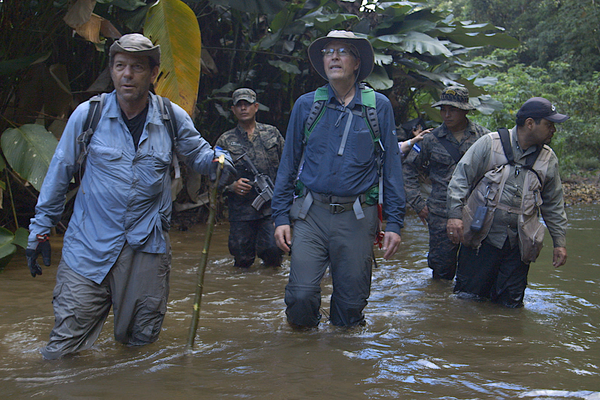
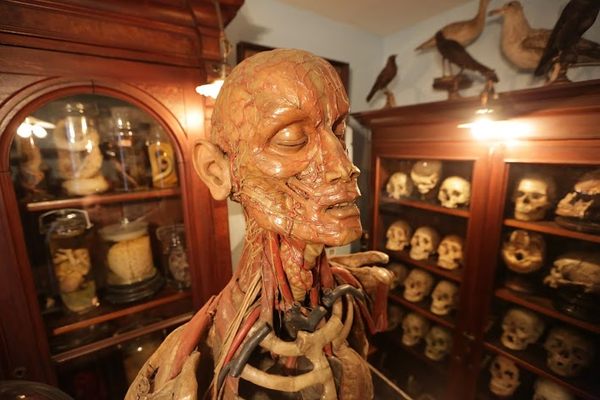






Follow us on Twitter to get the latest on the world's hidden wonders.
Like us on Facebook to get the latest on the world's hidden wonders.
Follow us on Twitter Like us on Facebook